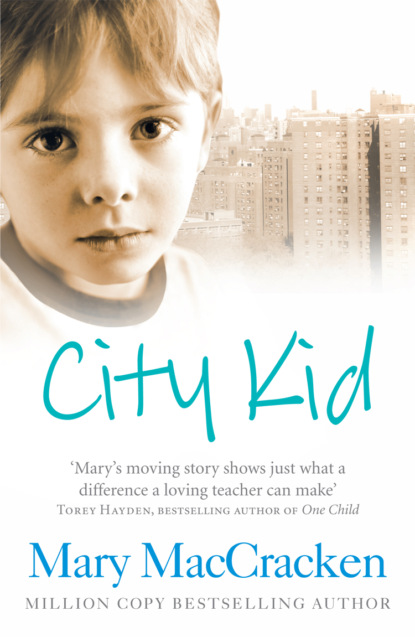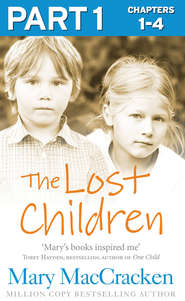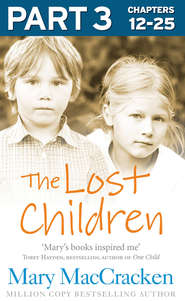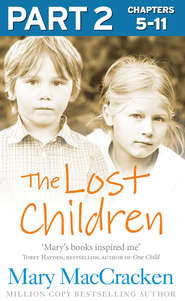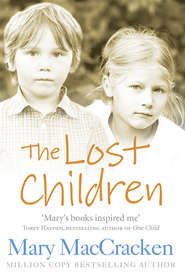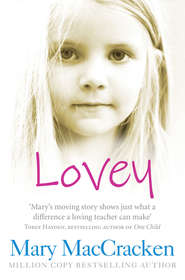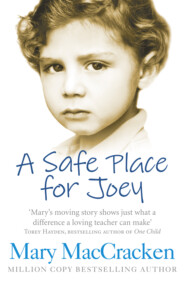По всем вопросам обращайтесь на: info@litportal.ru
(©) 2003-2024.
✖
City Kid
Настройки чтения
Размер шрифта
Высота строк
Поля
Chapter 15 (#litres_trial_promo)
Chapter 16 (#litres_trial_promo)
Chapter 17 (#litres_trial_promo)
Chapter 18 (#litres_trial_promo)
Chapter 19 (#litres_trial_promo)
Chapter 20 (#litres_trial_promo)
Chapter 21 (#litres_trial_promo)
Chapter 22 (#litres_trial_promo)
Chapter 23 (#litres_trial_promo)
Chapter 24 (#litres_trial_promo)
Chapter 25 (#litres_trial_promo)
Chapter 26 (#litres_trial_promo)
Chapter 27 (#litres_trial_promo)
Chapter 28 (#litres_trial_promo)
Chapter 29 (#litres_trial_promo)
Chapter 30 (#litres_trial_promo)
Chapter 31 (#litres_trial_promo)
Chapter 32 (#litres_trial_promo)
Chapter 33 (#litres_trial_promo)
Afterword (#litres_trial_promo)
Coming soon … (#litres_trial_promo)
Exclusive sample chapter (#litres_trial_promo)
Also by Mary MacCracken (#litres_trial_promo)
Moving Memoirs eNewsletter (#litres_trial_promo)
About the Publisher (#litres_trial_promo)
The Fire Within (#u042f5711-346d-5f23-a1b5-d9f6af79f374)
“Luke,” I said, “why do you like to start fires?” “Don’t know,” Luke said. “Just like to watch ’em. They’re pretty, all red and blue and orange, dancin’ around.”
“The big fire last fall? Did you set that?”
Luke smiled – and I hated that smile. “That one was real pretty. It kept on gettin’ bigger and bigger ’til it was taller than me.” Luke paused. There was no guilt or repentance in his voice, only admiration for the fire. “The cops came, then the fire trucks, but they couldn’t put it out – it just kept goin’.”
His voice sounded hard and cruel, not like Luke’s at all.
There was a fire burning within this seven-and-a-half-year-old boy – a fire that would destroy him if a dedicated but near-despairing teacher couldn’t find what fueled it and how to put it out.
Chapter 1 (#u042f5711-346d-5f23-a1b5-d9f6af79f374)
“Which one is Luke?” I whispered.
“There, next to my desk,” Lisa answered. “The one not working, of course. He doesn’t even answer when his name is called. Listen, I’ve got to go. Talk to you later.”
Lisa walked to the front of the classroom to continue the math lesson I’d interrupted. I sat on a radiator cover and studied Luke.
I couldn’t believe it. When they had told us at college that we’d be working with children who were socially maladjusted juvenile delinquents, I conjured up images of burly kids with bulging muscles and perpetual sneers. And now here was this little boy in second grade who couldn’t be more than seven years old.
I peered at him intently, saying his name under my breath, “Lucas Brauer, Lucas Brauer,” trying to make him real. He shifted slightly in his seat and I could see that his brown hair curved around his cheeks, so that from this angle he looked almost like a girl.
There must be some mistake, I thought. How could this child have a record of twenty-four arrests for arson, theft, and truancy? I shook my head. Something was wrong somewhere.
But if something was wrong, something was also right. For the first time in months, I felt the beginnings of the familiar, soaring, ridiculous excitement that came with teaching – a feeling I’d almost forgotten since I’d become a student at the state teachers’ college.
I had entered in September, full of hope and determination. By February I was full of disillusionment. In fact, until that day when I found Luke, I wasn’t sure I could make it through one year, much less two.
So now I memorized him – the scruffy sneakers half the size of mine, the faded jeans torn at the knees, a plaid shirt with one button missing, and each inch of his small profile. I could help Luke, now that I’d found him. I knew I could, and he would help me, too. He would make me remember there was some reason for the endless empty courses, the meaningless assignments, and the foolish terror of exams.
I had known it wouldn’t be easy, going back to college at age forty-four. In 1970 the movement for continuing education had not yet become popular and ninety-nine percent of the members of the junior class at Union State College were under twenty years old. They walked the campus in pairs or clumps, ate in noisy groups at the student union, shouted cheerfully at one another over the blare of rock that poured from speakers mounted in the ceiling. I walked alone, ate my cheese and apple in my old convertible, and tried to learn to be heard over the sounds of the Grateful Dead.
That was all okay. I was there to get a degree, to get certified so that I could continue teaching, not to develop my social life. I had remarried in June and the excitement of living with Cal and trying to blend our combined seven kids, aged fifteen to twenty-seven, into some kind of homogeneous group was challenging and absorbing. None of the children lived at home full time, but they arrived in bunches on weekends and vacations and filled our apartment or country house with excitement, laughter, and dirty laundry.
It would be difficult to give up teaching and go back to college after a twenty-five-year interval between sophomore and junior years, but it was also the one way I could continue to teach. What I hadn’t expected was the stifling boredom, the frustration of hours spent taking courses that had nothing to do with teaching, and most of all, the overpowering, unending longing for the troubled children I had taught.
I had been teaching seriously emotionally disturbed children full time for more than six years, when the school where I taught became “state approved” and its teachers had to be fully certified. I had no certification, only two years at Wellesley and some night-school education credits. Not enough. I had to leave because the only way I could continue to work as a teacher was to get a bachelor’s degree in education, and certification. I could get my degree and dual certification in elementary and special education in two years going full time during the day; it would take six years at night school. At my age there was no choice.
But where were the children? Children had been the warp and woof of my life for years. Without ever really asking, as an education major I had assumed that my days would be filled with children. Not so. They saved the children until senior year, and then only for six weeks of student teaching.
I railed inwardly at the poor preparation the young teachers-to-be were getting. How could they learn to be teachers without children, without the models of experienced teachers, without being in a classroom?
I remembered Helga, the wonderful teacher I had worked under as a volunteer when I had first started, and all she had taught me. Where would these young people learn about commitment and involvement and communicating with children? Not in my courses in Background of Mathematics I, Adapted Physical Education, Integrated Techniques, Current Methods and Materials for the Mentally Challenged, and Teaching Reading to the Mentally Challenged.
Of all my courses, Background of Mathematics I was the worst. Not only did it have nothing to do with children, it was also couched in a foreign language. Math to me meant addition, subtraction, multiplication, fractions, decimals. Maybe word problems and a few math concepts. Not so to Mrs. Kaiser, our professor. She talked of sets and union and commutative properties.
Each morning she said coldly, “Good morning, class. I will explain the work to be assigned. Follow now.” With that she turned her back to the classroom and the tight blood braid that ran across the back of her head bobbed up and down as her chalk made numbers, arrows, circles with overlapping circles, equations resting between and below her drawings. She talked rapidly to the figures on the board, never turning her head. She covered one, two, sometimes three of the blackboards that surrounded the room.





